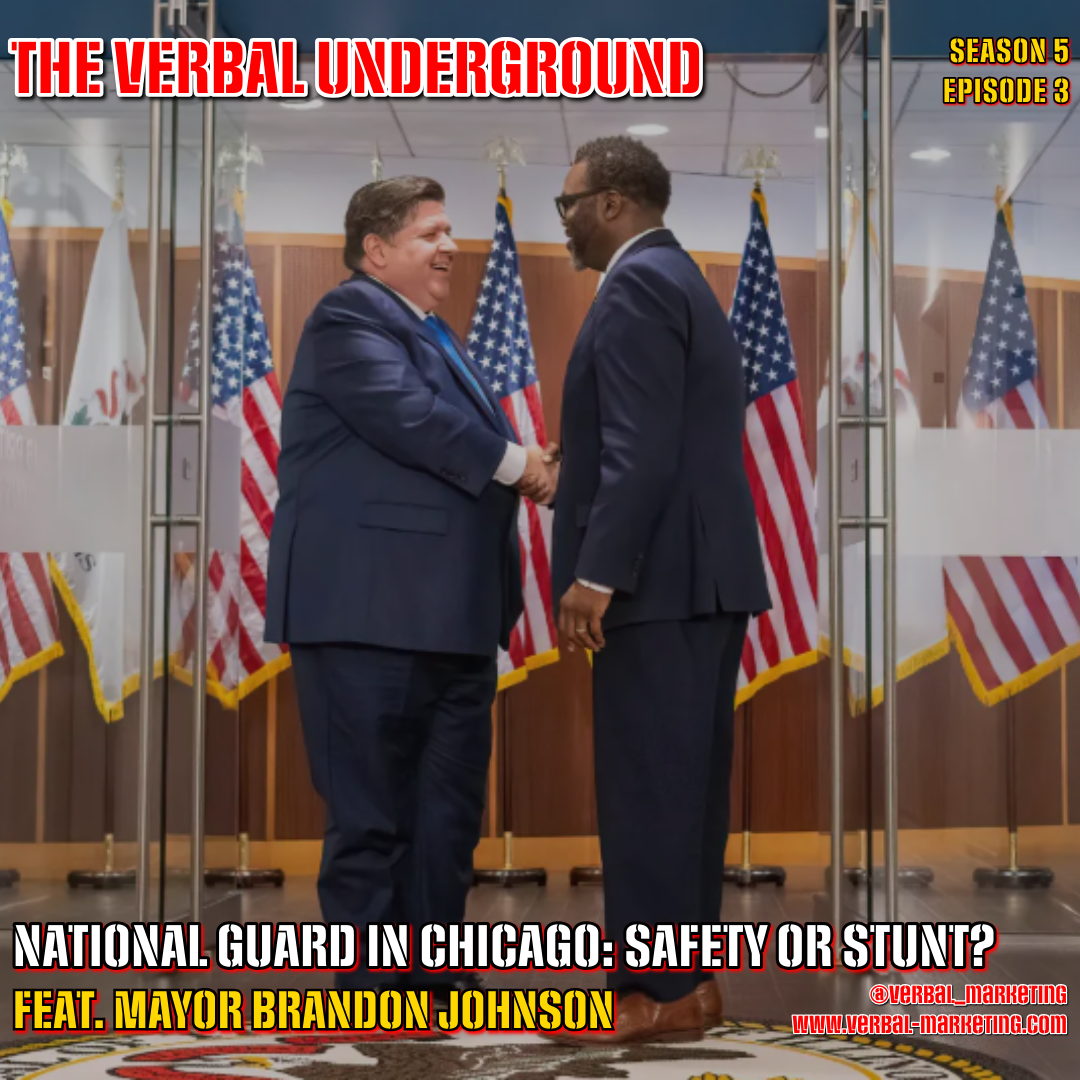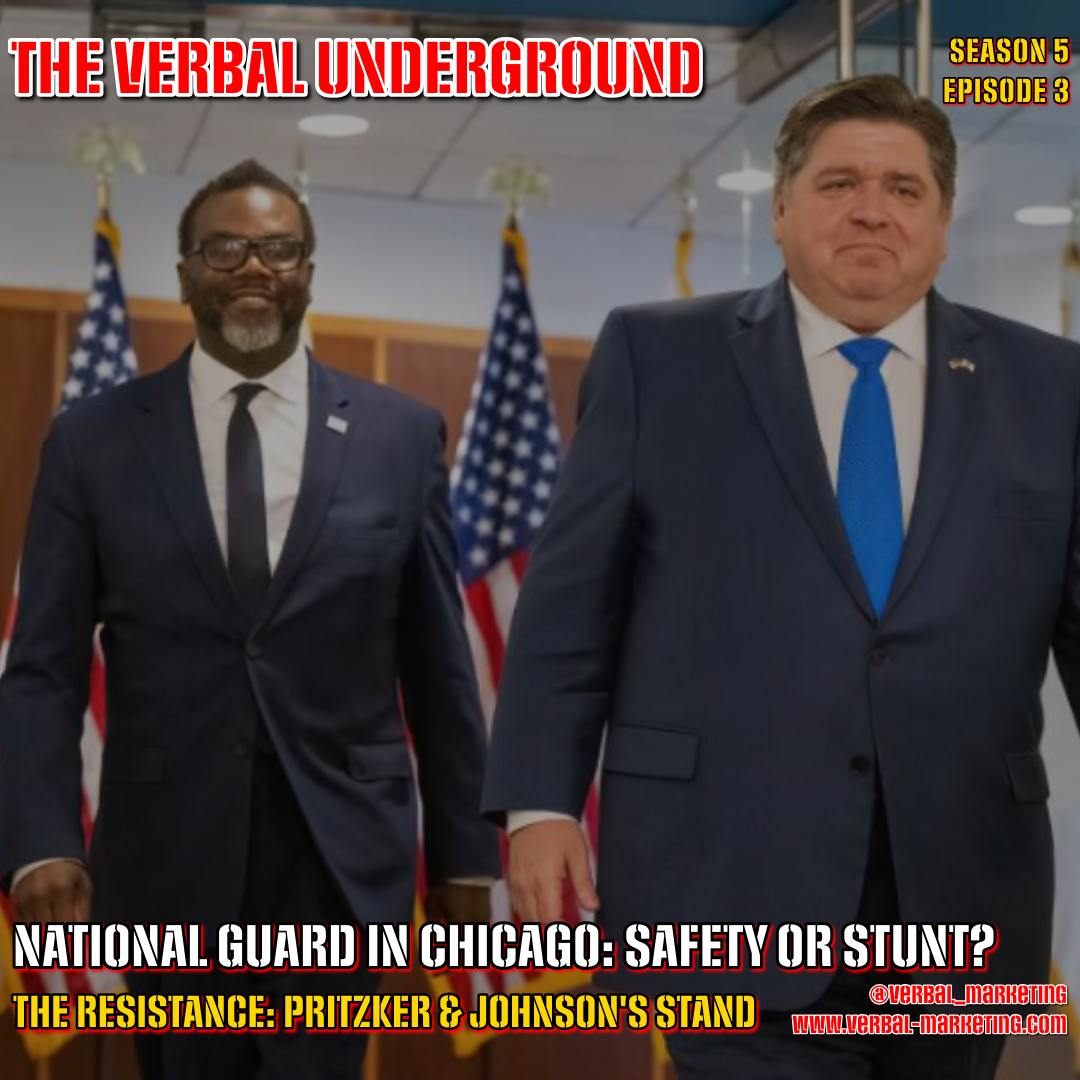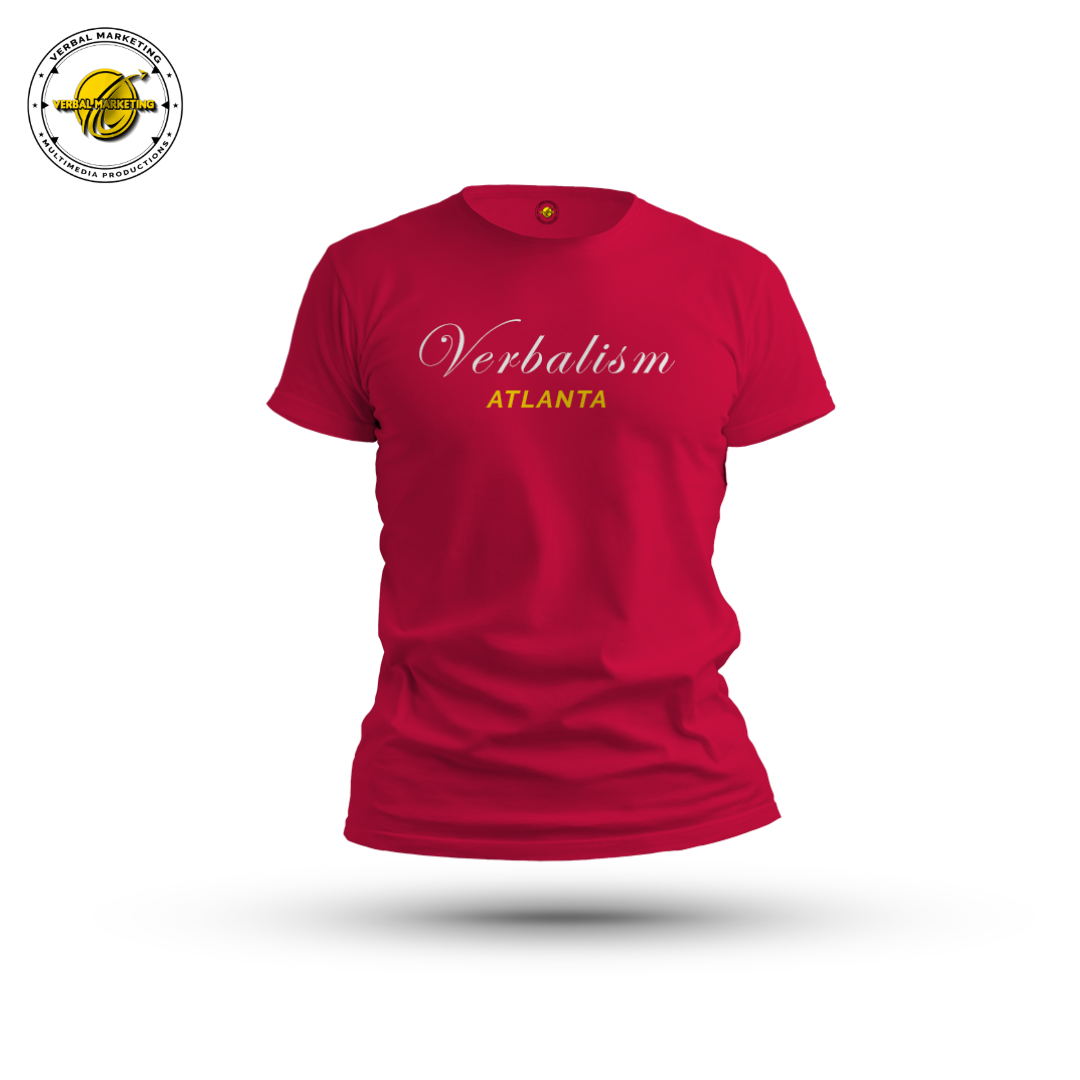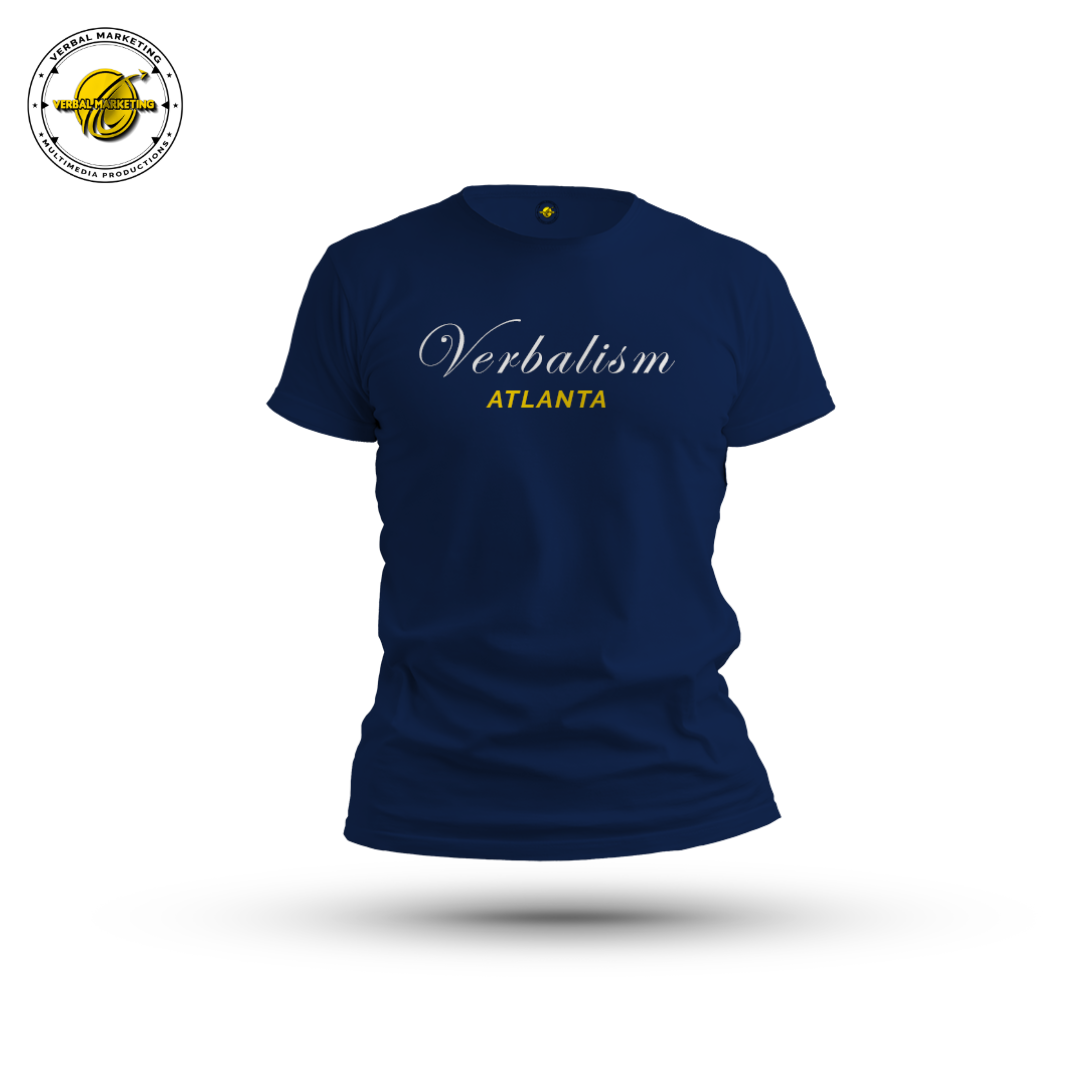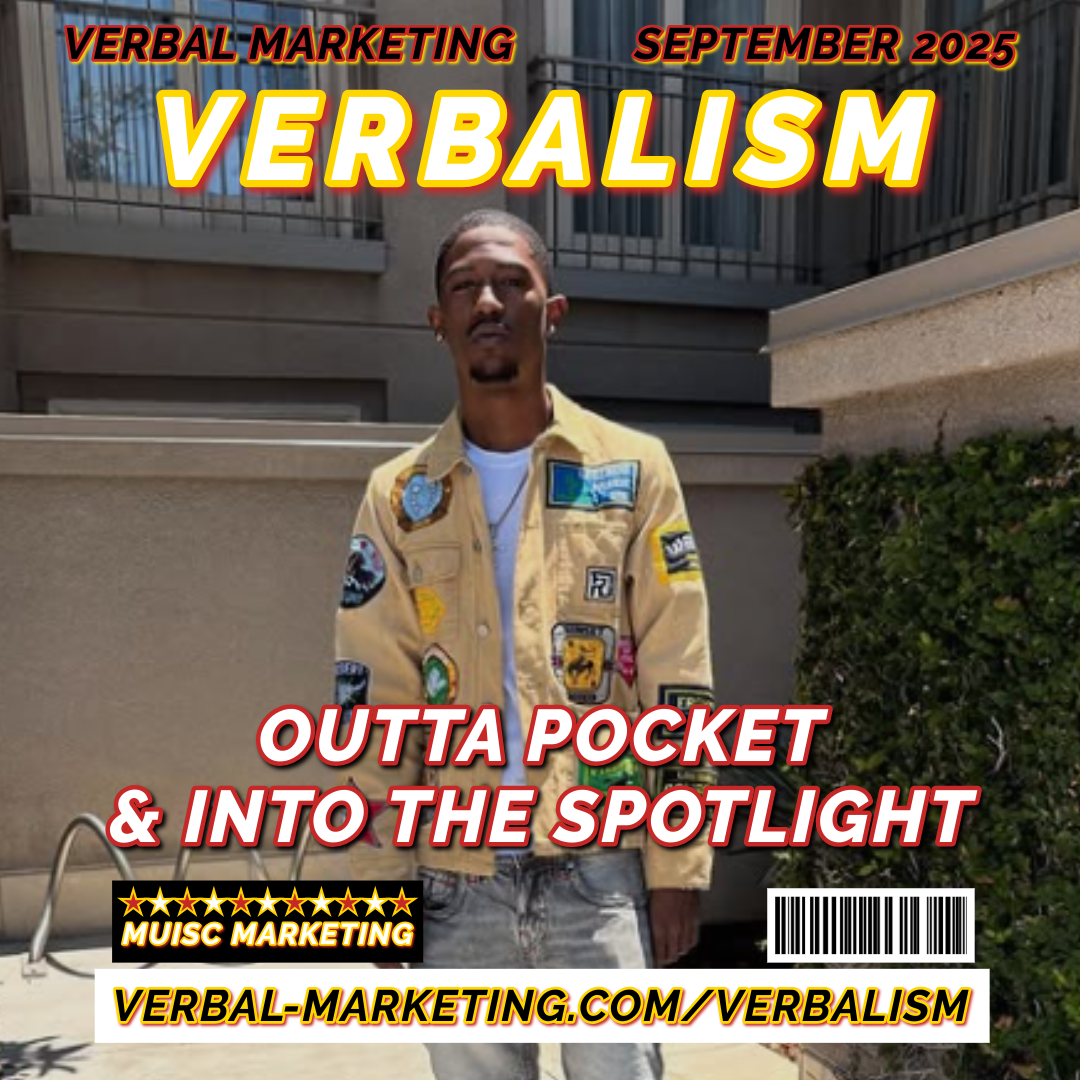NATIONAL GUARD IN CHICAGO: SAFETY OR STUNT?
Labor Day weekend in Chicago was supposed to be a celebration of summer's final stretch. Instead, the city was rocked by violence: 54 people shot, 9 killed in just three days. It wasn't just another grim headline—it was a gut punch to a city already grappling with its identity in 2025.
The question now hangs heavy in the air: Is President Trump's push to deploy the National Guard the solution Chicago needs—or is it just political theater on a national stage?
THE NUMBERS DON'T LIE
Here's the paradox: violent crime in Chicago is actually falling. Through the first half of 2025, the city experienced a 21% overall decline, with homicides down 32% and shootings down 37% compared to the same period in 2024. On paper, that's progress worth celebrating.
But numbers don't tell the whole story. The Labor Day surge was a brutal reminder that while crime may be trending down, its impact remains devastating—particularly in neighborhoods already scarred by decades of neglect.
Compared to other U.S. cities, Chicago's story is mixed: Portland reported a 51% drop in violent crime, San Francisco's homicides hit historic lows, and nationally, homicides have declined about 17%. Yet Chicago still ranks among the nation's most violent big cities. Progress? Yes. But fragile.
WHY THE GUARD? TRUMP'S MOTIVATION
President Trump isn't hiding his reasoning. He points to earlier deployments in Los Angeles and Washington, D.C., where violent crime rates dropped after Guard patrols were introduced. In D.C., carjackings reportedly dropped by 87% following troop involvement. He frames Chicago as the next "blue city in crisis," arguing that residents are "screaming for help."
But beneath the tough-on-crime rhetoric are political undertones. Trump has tied National Guard deployments to broader crackdowns on immigration and sanctuary city policies, even pledging thousands of daily ICE arrests. To critics, this isn't about Chicago—it's about flexing federal power, punishing Democratic leaders, and manufacturing a crisis to score political points.
THE RESISTANCE: PRITZKER & JOHNSON'S STAND
Governor J.B. Pritzker and Mayor Brandon Johnson see things differently. They argue that deploying troops would be unconstitutional without state approval, citing sovereignty under the Posse Comitatus Act. Both point to Chicago's steep decline in crime as evidence that the "crisis" narrative is exaggerated.
Johnson has gone further, warning that troops on the ground could erode trust in already fragile communities. "Chicago doesn't need a war zone," one South Side resident told reporters. "We need schools, jobs, and housing. Not soldiers patrolling our streets."
THE DIVIDE: CITIZENS IN FAVOR VS. AGAINST
The city itself is split.
In Favor:
Some residents see the Guard as a temporary safety net—a way to reinforce CPD, deter shootings, and protect children. They point to D.C. and L.A. as examples that demonstrate how deployments can quickly stabilize neighborhoods. For parents burying loved ones after weekends like Labor Day, the Guard represents hope.
Against:
Others say it's unnecessary. Crime is already trending down. Military patrols risk escalation, wrongful detentions, and civil rights violations. Critics view it as a political stunt, rather than a safety plan. A recent poll shows 65% of Chicagoans oppose the Guard, though support is higher among Hispanic residents (nearly half in favor).
THE STREETS VS. THE STATE
On the ground, the tension is palpable. Parents in Bronzeville whisper about whether their kids can walk home from school. Residents in North Lawndale recall years of violence intervention programs that reduced shootings by more than half—and fear the Guard would undo trust built block by block. Meanwhile, thousands protested downtown over Labor Day, denouncing Trump's plan as authoritarian overreach.
But outside Chicago, the story is simplified into headlines: "Chicago Violence Spirals Out of Control." For many Americans, the nuance is lost—the simultaneous truth that crime is both down and still devastating.
WHO DEFINES SAFETY IN AMERICAN CITIES
This debate isn't just about Chicago. It's about who defines safety in America's cities. Is it the federal government, flexing muscle through troops and ICE raids? Or is it communities, demanding investment in people rather than soldiers?
The Verbal Underground believes this isn't a simple yes-or-no question. It's a battle between survival and sovereignty, between immediate relief and long-term trust.
So we ask you: Should federal troops ever step into local neighborhoods, even temporarily, if it means saving lives? Or is the price to democracy—and community trust—too high?
Drop your thoughts in the comments. Would you welcome the Guard, or do you see it as overreach? Don't just read—engage. And subscribe to The Verbal Underground for more sharp, unfiltered takes on the politics, culture, and power plays shaping urban America.
Subscribe Now To The Verbal Underground On Spotify, X, and YouTube
